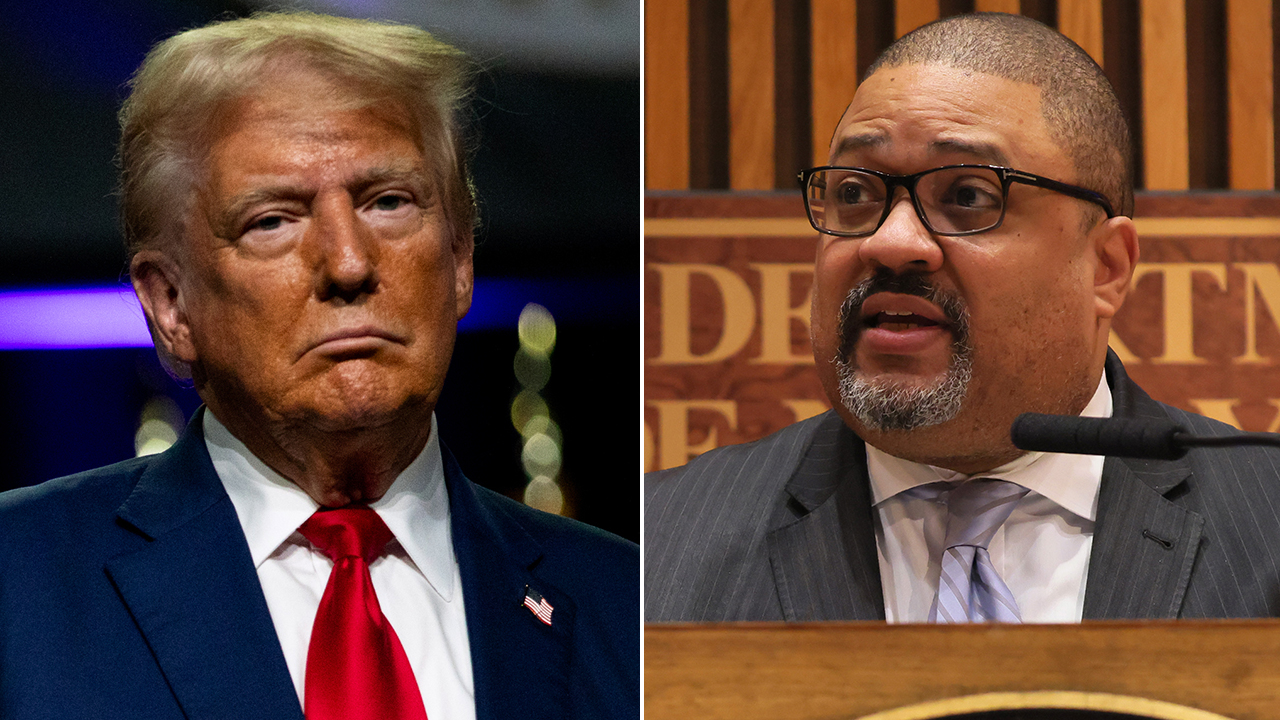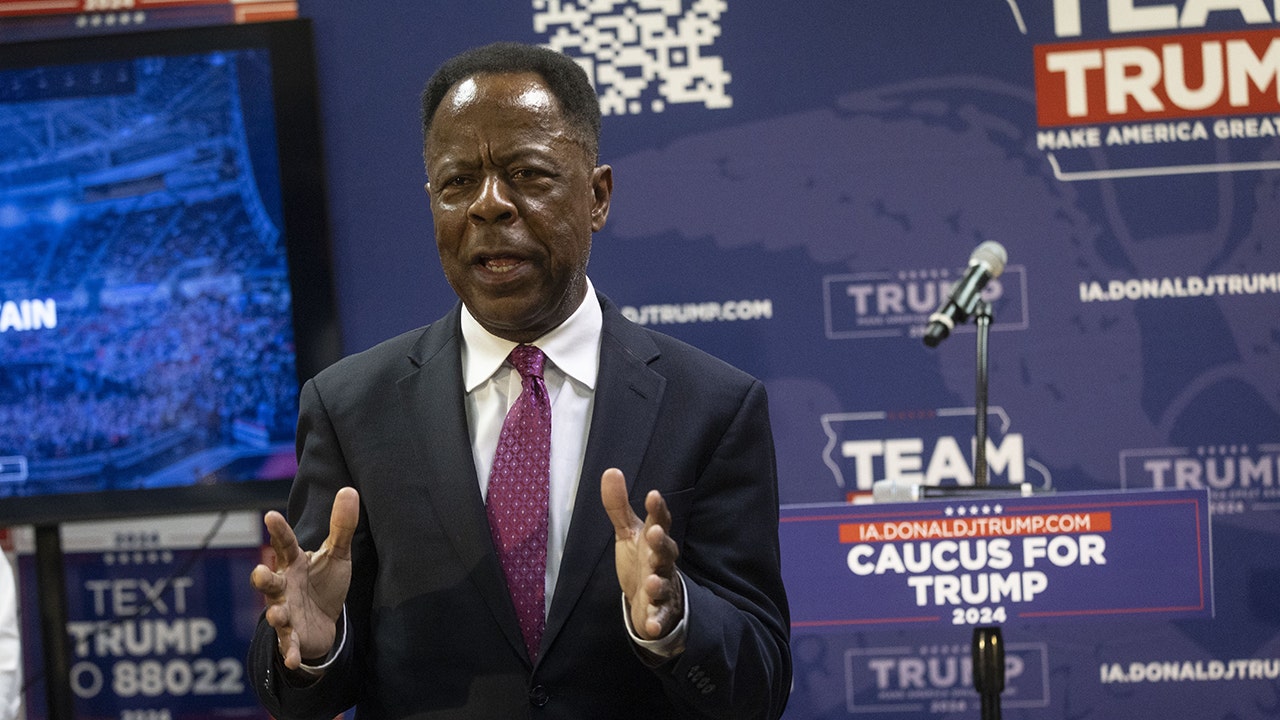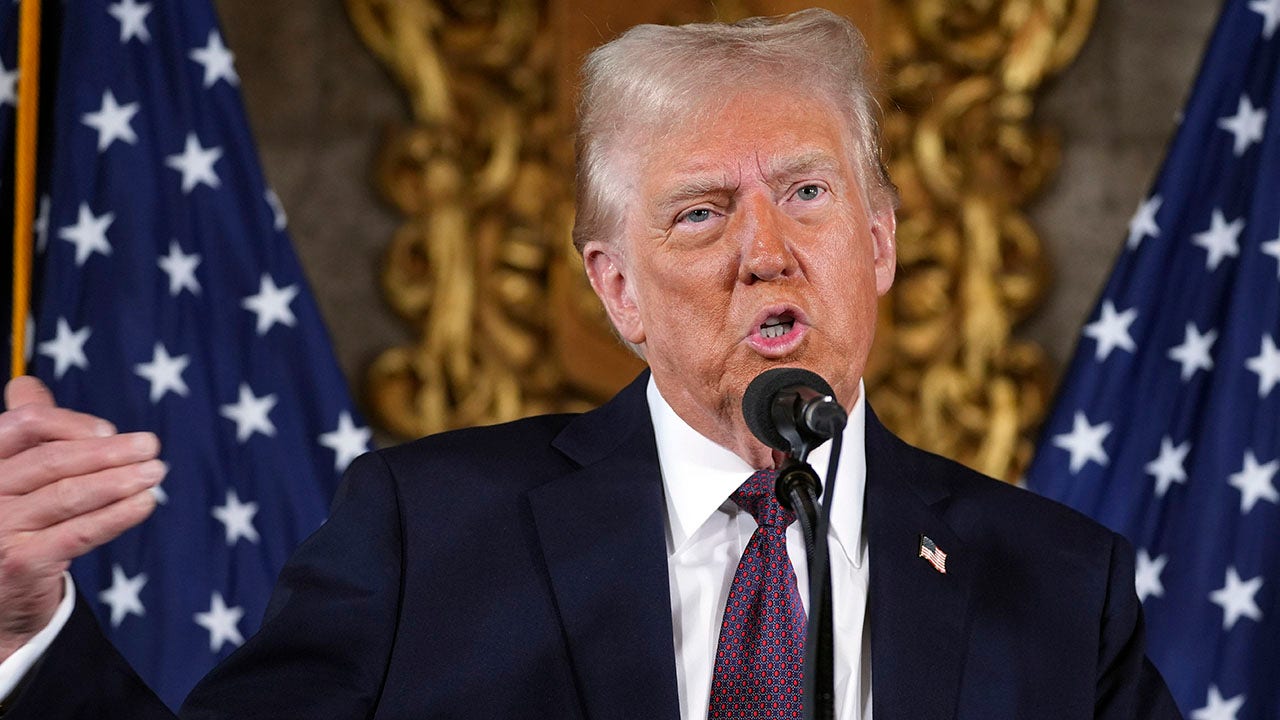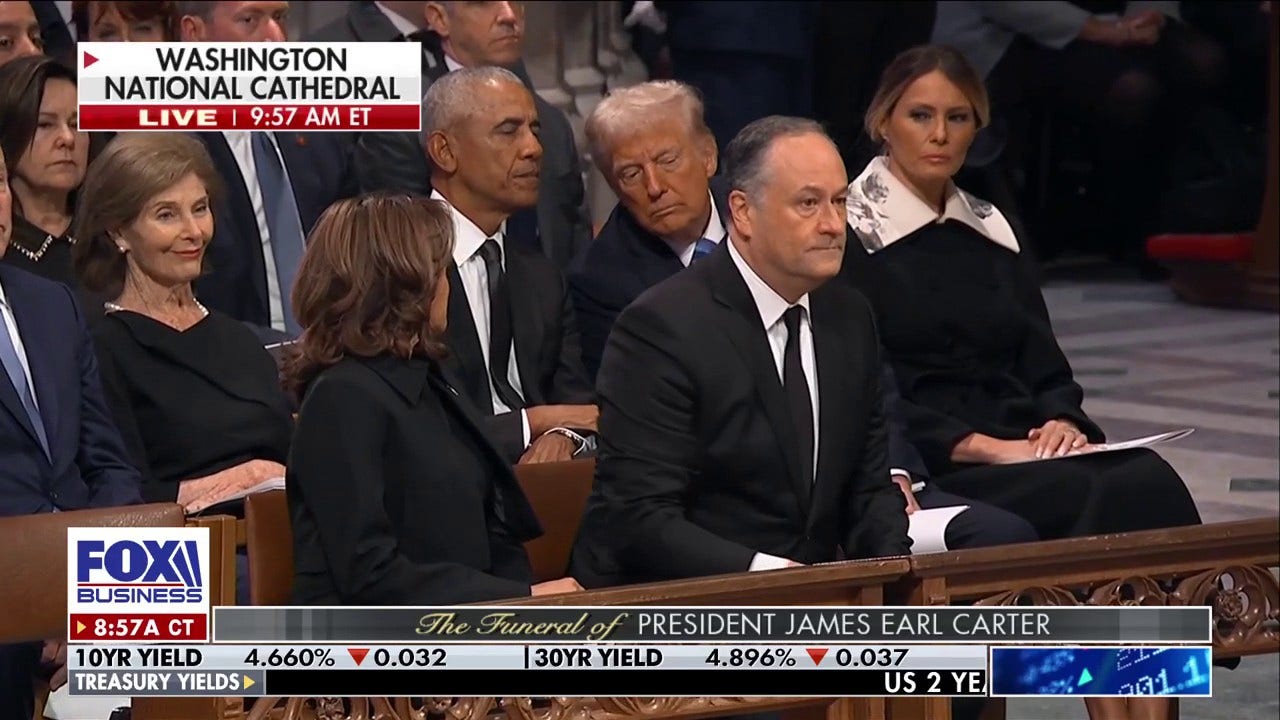Leaders in the tech industry are urging the Biden administration not to add a new regulation that will limit artificial intelligence exports, citing concerns it is overbroad and could diminish the United States’ global dominance in AI.
The new rule, which industry leaders say could come as early as the end of this week, effectively seeks to shore up the U.S. economy and national security efforts by adding new restrictions on how many U.S.-made artifical intelligence products can be deployed across the globe.
“A rule of this nature would cede the global market to U.S. competitors who will be eager to fill the untapped demand created by placing arbitrary constraints on U.S. companies’ ability to sell basic computing systems overseas,” stated a Monday letter from Jason Oxman, the president and CEO of the Information Technology Industry Council (ITI), sent to Commerce Department Secretary Gina Raimondo. “Should the U.S. lose its advantage in the global AI ecosystem, it will be difficult, if not impossible, to regain in the future.”
FBI’S NEW WARNING ABOUT AI-DRIVEN SCAMS THAT ARE AFTER YOUR CASH
The process to place new export controls on artificial intelligence goes back to October 2022, when the Biden administration’s Commerce Department first released an updated export framework aimed at slowing the progress of Chinese military programs. Details of the new incoming export controls surfaced after the Biden administration called on American tech company NVIDIA to stop selling certain computer chips to China the following month.
In an update to the rule the following year, the Biden administration announced the initiation of a public notice and comment period. Finally, last month, as the president’s term in the White House winds down, the administration published two new updates to the rule that added more limits to the proposed export controls. The rule is now in its final stages before it will be formally published in the Federal Register.
“The Bureau of Industry and Security’s (‘BIS’) proposed Interim Final Rule (‘IFR’) is a highly complex and wildly overbroad attempt to regulate Artificial Intelligence and GPUs in the name of national security,” Ken Glueck, the executive vice president at Oracle, wrote in a blog post Sunday that was published to his company’s website.
“For over half a century, bipartisan consensus has held that the best way to achieve U.S. technological leadership is to regulate technology with a light touch. As a result, American companies have continued to lead each successive generation of technology, from the personal computer to the Internet, to mobile, to the cloud, and now Artificial Intelligence.”
In addition to fears that the new regulations will stifle economic growth in the domestic AI sector, some critics have also argued that blocking American AI manufacturers from selling their computer chips around the globe could actually benefit China.
WHITE HOUSE UNVEILS AI EXECUTIVE ORDER, REQUIRING COMPANIES TO SHARE NATIONAL SECURITY RISKS WITH FEDS
“The Biden administration is trying to force other countries to pick a side – the United States or China – and it is likely going to discover that if it issues this ultimatum, many will pick China,” Stephen Ezell, vice president of global innovation policy at the Information Technology and Innovation Foundation, said in a Tuesday statement published on the foundation’s website.
“Moreover, the United States should be countering efforts by China and Russia, which recently launched an AI Alliance Network among BRICS countries, to offer its own allies and partners access to AI data, models, and computer resources,” he added.
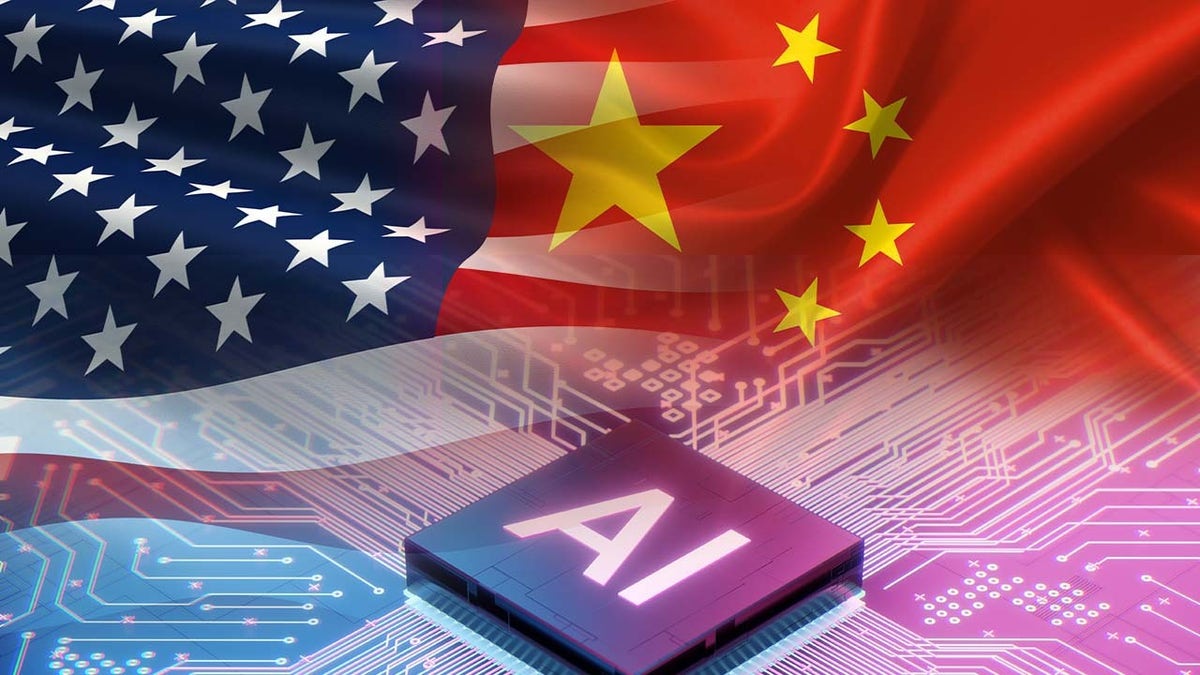
Ezell and others also highlighted the rushed nature of the new proposed rule on export controls, arguing that hurrying to get it finalized has been at the cost of adequate industry input on the new regulations.
“We respectfully caution against making such a swift and significant shift in policy during this transitional period, and without meaningful consultation with industry,” the Semiconductor Industry Association said in a Monday statement. The group encouraged the Biden administration to “hand over the policymaking process” to the incoming Trump administration because it will “ensure there is appropriate opportunity for government and industry leaders, together with our global partners, to thoughtfully address this critical matter.”
EXPERTS PRAISE LONG-AWAITED AI REPORT FROM CONGRESS: ‘A THOUGHTFUL AND FORWARD THINKING FRAMEWORK’
It is uncertain exactly how the incoming administration might approach this issue. Trump has signaled he is not afraid to initiate new trade deals and could potentially use the export controls as leverage.
However, the president-elect said following his November election victory that a focus of his second term will be to “win the A.I. arms race with China (and others).”

“With U.S. Energy Dominance, we will drive down inflation, win the A.I. arms race with China (and others), and expand American Diplomatic Power to end Wars all across the World,” Trump wrote in an email announcing former North Dakota Gov. Doug Burgum as the new head of the Interior Department.
Fox News Digital reached out to the White House for comment but did not receive a response by publication time.
Read the full article here




